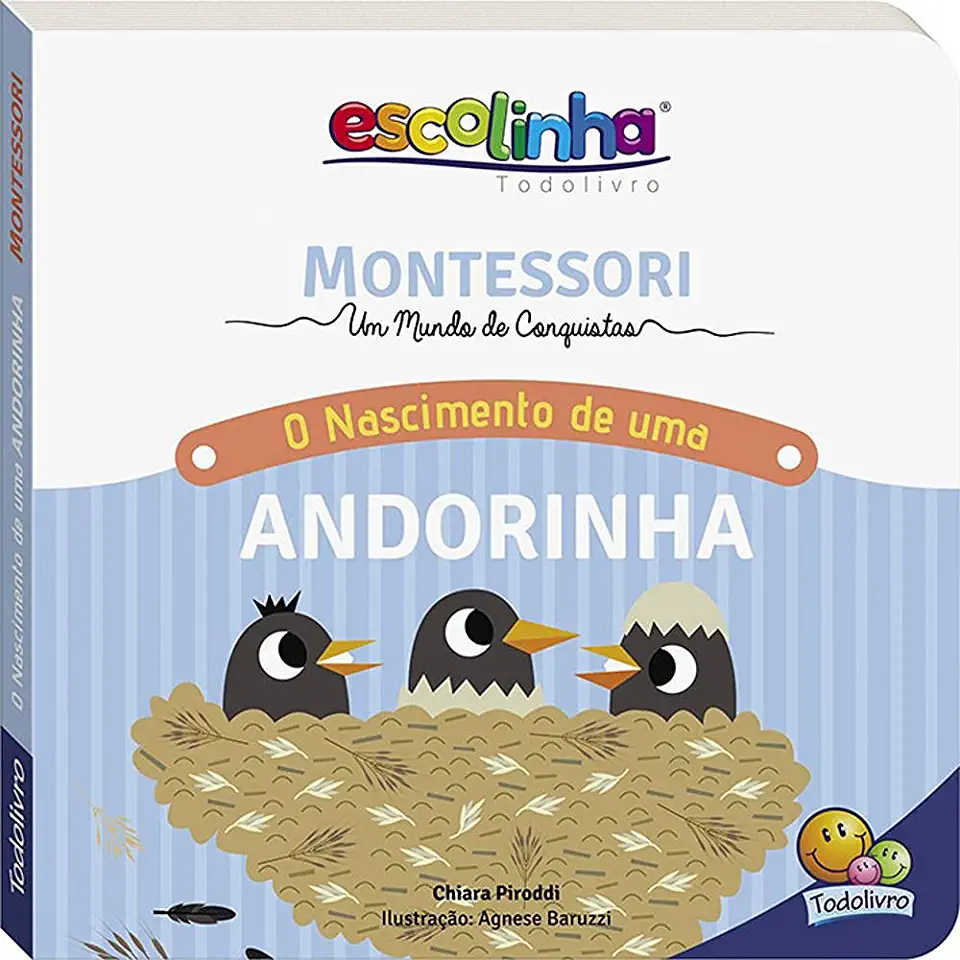
The Child and Nature - Maria Montessori
The Child and Nature: A Classic Work on Early Childhood Education
A Timeless Exploration of the Relationship Between Children and the Natural World
In her seminal work, "The Child and Nature," Maria Montessori delves into the profound connection between children and the natural world, offering a compelling vision for early childhood education that emphasizes the importance of fostering a deep appreciation for the environment. Montessori's insights, based on her extensive observations of children, have stood the test of time and continue to inspire educators and parents alike.
Nurturing a Sense of Wonder and Respect
Montessori believed that children have an innate love of nature and that this connection should be nurtured from an early age. She advocated for creating environments that allow children to explore and interact with the natural world, fostering a sense of wonder and respect for the environment. By providing opportunities for children to observe plants, animals, and natural phenomena, Montessori believed that educators could help children develop a lifelong appreciation for the beauty and complexity of the natural world.
The Importance of Hands-On Experiences
Montessori emphasized the importance of hands-on experiences in nature, allowing children to engage with the environment through their senses. She believed that children learn best when they are actively involved in their surroundings, and that nature provides a rich context for exploration and discovery. Montessori encouraged educators to provide children with opportunities to touch, smell, and taste the natural world, fostering a deep understanding of the interconnectedness of all living things.
Nature as a Source of Inspiration and Creativity
Montessori also recognized the potential of nature to inspire creativity and imagination in children. She believed that the natural world provides a wealth of materials and experiences that can stimulate children's creativity and encourage them to express themselves artistically. By engaging with nature, children can develop their artistic skills, problem-solving abilities, and critical thinking skills.
The Role of the Adult
Montessori emphasized the role of the adult in facilitating children's experiences in nature. She believed that adults should act as guides and mentors, providing children with the resources and support they need to explore and learn from the natural world. Montessori also stressed the importance of respecting children's autonomy and allowing them to explore at their own pace, without imposing adult expectations.
A Call to Action for Early Childhood Educators
"The Child and Nature" serves as a call to action for early childhood educators to embrace the natural world as an essential component of early childhood education. Montessori's insights offer a roadmap for creating environments that foster children's love of nature, nurture their sense of wonder, and inspire them to become responsible stewards of the environment. By incorporating Montessori's principles into their practice, educators can help children develop a deep appreciation for the natural world and lay the foundation for a lifelong commitment to environmental sustainability.
Conclusion: A Must-Read for Educators and Parents
"The Child and Nature" is a must-read for early childhood educators and parents who are passionate about providing children with a holistic and nature-rich education. Montessori's timeless insights offer a wealth of practical guidance and inspiration for creating environments that nurture children's love of nature and foster their development as responsible and compassionate individuals. By embracing the principles outlined in this seminal work, educators and parents can help children develop a deep connection with the natural world and cultivate a lifelong appreciation for the beauty and wonder of nature.
Enjoyed the summary? Discover all the details and take your reading to the next level — [click here to view the book on Amazon!]